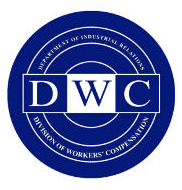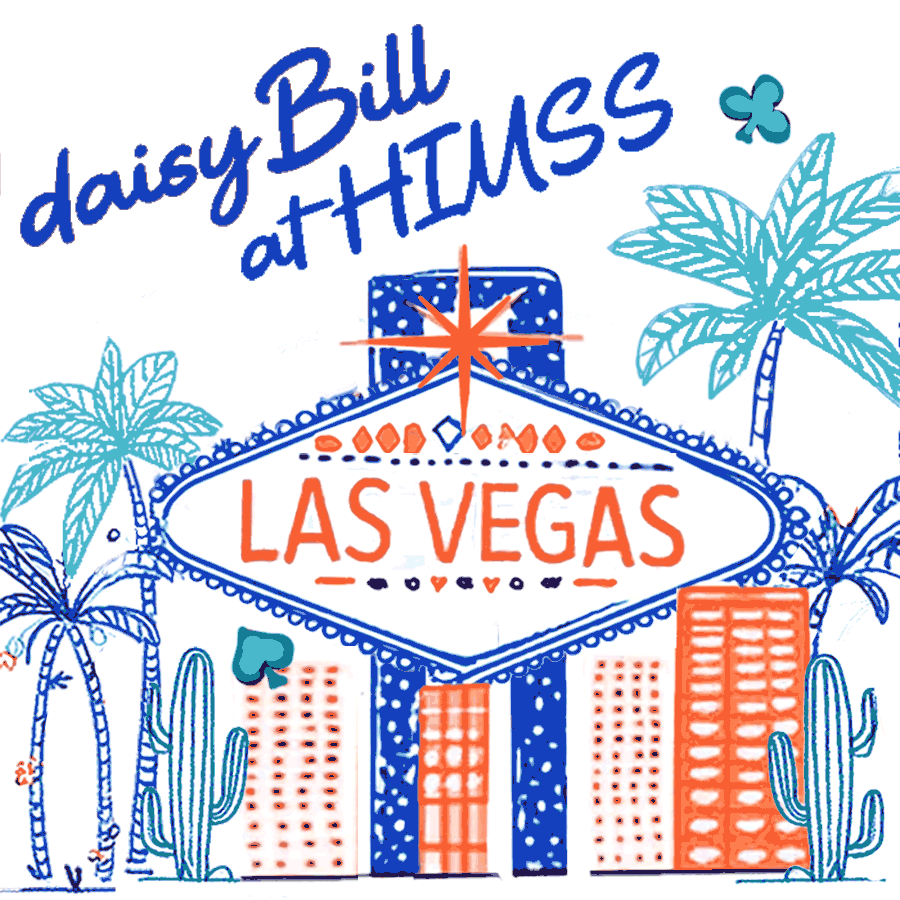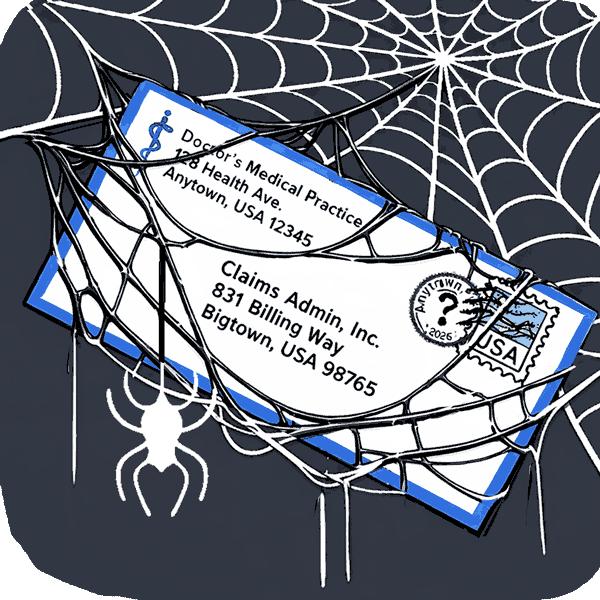Clearinghouse Makes False Claims About Electronic Billing

Multiple providers allege that a major clearinghouse fed them inaccurate information about electronic billing in California. According to these providers, the clearinghouse in question insists that many claims administrators do not accept electronic billing for worker’s comp, necessitating paper bills. In truth, every major claims administrator in California does, in fact, accept electronic bills.
This casts serious suspicion on the clearinghouse’s motives.
The acceptance of electronic billing is a requirement, as mandated by California Labor Code § 4603.4 and the California Division of Workers’ Compensation (DWC) Medical Billing and Payment Guide:
“2.0 (b) On and after October 18, 2012, all health care providers, health care facilities and billing agents/assignees providing medical treatment may electronically submit medical bills to the claims administrator for payment. All claims administrators must accept bills submitted in this manner.”
Only a tiny minority of smaller payors still defy the law, and only because of inadequate enforcement. Even the claims administrators on this short list (though still non-compliant) accept bills sent via facsimile. The notion that paper billing is commonly required would be laughable, if it weren’t being peddled at the expense of providers.
The clearinghouse in question is also reportedly telling providers that providers cannot electronically send Second Review appeals. This is also false. As with Original Bills, all the large claims administrators accept Second Review electronically. The tiny minority of smaller payors that cannot accept Second Review appeals electronically still receive them via fax.
Bottom line: Electronic billing works amazingly well for California providers. Don’t take our word for this; check out the average days to payment and see for yourself how fast reimbursements arrive. Annually, daisyBill submits over 1 million California workers’ comp bills to claims administrators, and daisyBill sends paper bills to only three California claims administrators: Tribal First, UEBTF and SIBTF.
When seeking outside help with billing, providers should bear in mind that the clearinghouses' motives do not align with the interests of a provider. The role of a clearinghouse is to assist claims administrators in compliantly accepting electronic billing, in the manner required by the DWC. Claims administrators pay clearinghouses to receive, scrub and forward the electronic bills sent by providers. The claims administrators are the clearinghouse clients, not the providers that happen to use the clearinghouses to submit their bills.
While this clearinghouse misleads providers, insisting that paper bills and paper Second Review appeals are the only options, don’t believe it for a second; the vast number of claims administrators in California embrace electronic billing. And even those that lag behind provide alternate methods to receive bills.
Almost five years ago, California mandated that all claims administrators must accept electronic bills from providers that choose to submit them. Congratulations to providers and California claims administrators for embracing electronic billing. These providers and claims administrators help preserve the environment, plus the providers receive their payments in 15 days (it’s the law). Let’s hope that the particular clearinghouse ultimately chooses not to impede this important progress.
daisyBill’s Billing Software includes reliable electronic billing, reducing the time it takes to get paid and eliminating the problem of missing bills with our Payment GPS. Our work comp technology also scrubs bills prior to submission, and alerts your office to changes in billing rules (for example, a DWC requirement that claims administrators accept electronic bills).
Schedule a free demonstration, and see what daisyBill can do for you.
REQUEST DEMO
DaisyBill provides content as an insightful service to its readers and clients. It does not offer legal advice and cannot guarantee the accuracy or suitability of its content for a particular purpose.




